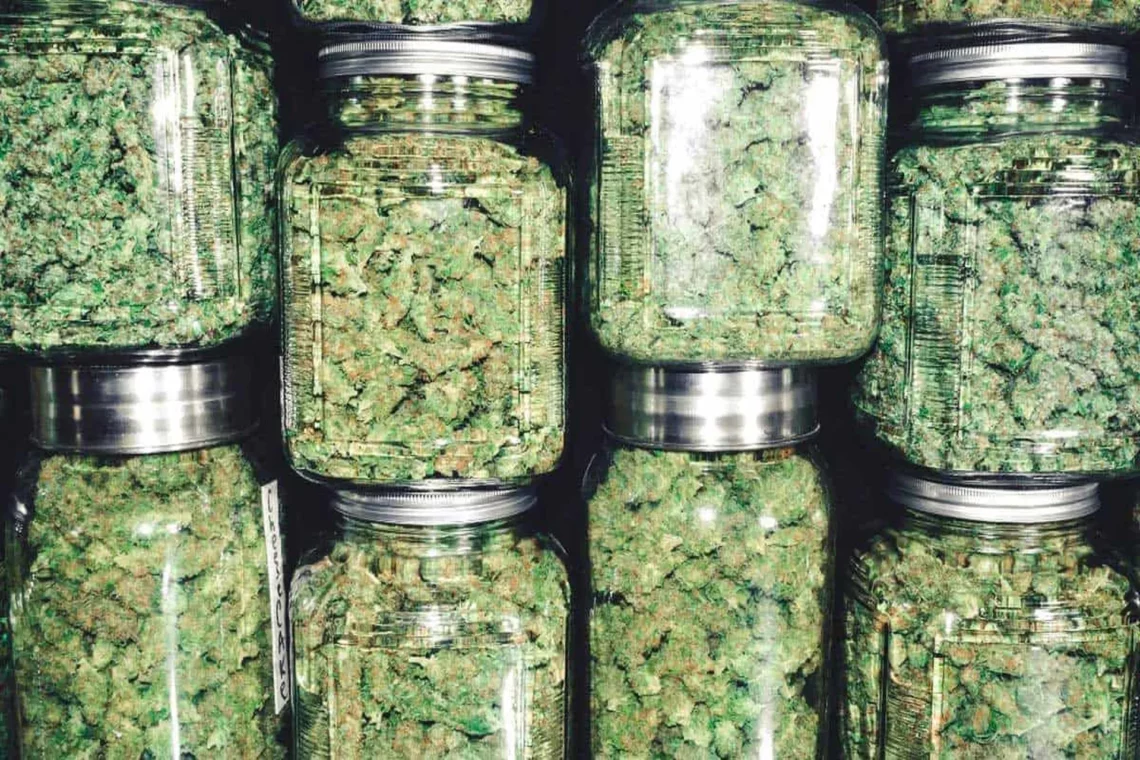Navigating Cannabis Supply Chain: Sell Marijuana to Dispensaries
Sell Marijuana to Dispensaries As the cannabis industry continues to expand and evolve, the demand for high-quality cannabis products in dispensaries is on the rise. For cultivators and growers, selling marijuana to dispensaries is a crucial aspect of the supply chain. This article will delve deep into the process of selling marijuana to dispensaries, exploring the legal requirements, product quality standards, building relationships with dispensaries, and the key considerations for cultivators looking to enter the wholesale market.
Understanding the Legal Landscape
Before engaging in the sale of marijuana to dispensaries, it is essential to understand the legal framework governing the cannabis industry in your jurisdiction. Different states and countries have varying regulations and licensing requirements for cultivators and wholesalers. Familiarize yourself with the local laws, permits, and compliance standards to ensure that you operate within the legal boundaries.
Meeting Product Quality Standards
Sell Marijuana to Dispensaries prioritize offering high-quality cannabis products to their customers. As a cultivator, it is crucial to maintain stringent quality control measures throughout the cultivation process. This includes selecting appropriate genetics, employing proper cultivation techniques, monitoring environmental conditions, implementing pest control measures, and conducting regular testing for potency, purity, and contaminants. Compliance with product quality standards is vital to establishing and maintaining successful relationships with dispensaries.
Building Relationships with Dispensaries
Developing strong relationships with dispensaries is essential for successful wholesale sales. Consider the following strategies:
Research: Understand the dispensaries in your target market. Research their product preferences, customer demographics, and branding to identify potential alignment.
Networking: Attend industry events, trade shows, and conferences to connect with dispensary owners, managers, and buyers. Networking provides an opportunity to showcase your products, share your cultivation practices, and establish relationships with key industry stakeholders.
Product Differentiation: Highlight the unique characteristics of your cannabis strains, such as potency, terpene profiles, and effects. Differentiation helps your products stand out in a competitive market.
Consistency and Reliability: Demonstrate your commitment to consistent product quality and reliable supply. Dispensaries value cultivators who can consistently deliver high-quality products on time.
Negotiating Wholesale Agreements
Once you have identified potential dispensaries, the next step is negotiating wholesale agreements. Key considerations include:
Pricing: Establish competitive pricing that reflects the quality of your products, market demand, and other factors such as volume discounts and loyalty programs.
Packaging and Labeling: Ensure compliance with local regulations regarding packaging and labeling requirements. Clear and accurate product information helps dispensaries meet legal obligations and provides transparency to consumers.
Delivery and Logistics: Determine the logistics of product delivery, including transportation, packaging requirements, and compliance with state-specific tracking systems.
Contract Terms: Clearly define terms related to payment schedules, product quantities, quality assurances, returns, and exclusivity agreements. Engage legal counsel to ensure contracts align with local laws and protect your interests.
Compliance and Regulatory Considerations
Sell Marijuana to Dispensaries Compliance with regulations is vital when selling marijuana to dispensaries. Understand the specific requirements related to product testing, packaging, labeling, and documentation. Ensure that you maintain accurate records, adhere to seed-to-sale tracking systems, and engage in transparent business practices to remain compliant and build trust with dispensaries.
Evolving Market Trends and Consumer Preferences
The cannabis industry is dynamic, with evolving market trends and consumer preferences. Stay informed about the latest industry developments, emerging product categories, and shifting consumer demands. Adapting to market trends and aligning your cultivation practices and product offerings accordingly can enhance your appeal to dispensaries and help you stay ahead in a competitive market.
Collaboration and Continuous Improvement
Building successful relationships with dispensaries requires ongoing collaboration and continuous improvement. Actively seek feedback from dispensaries regarding your products, customer experiences, and market demands. Leverage this feedback to refine your cultivation practices, enhance product quality, and adapt to evolving consumer needs. Maintain open lines of communication with dispensaries to foster long-term partnerships based on mutual trust and success.
Conclusion
Sell Marijuana to Dispensaries is a critical component of the cannabis supply chain. By understanding the legal requirements, focusing on product quality, building strong relationships with dispensaries, and staying attuned to market trends, cultivators can navigate the wholesale market successfully. The cannabis industry presents exciting opportunities for cultivators, and by adopting best practices and maintaining a commitment to excellence, cultivators can contribute to the growth and success of the cannabis industry while meeting the needs of dispensaries and consumers alike.








